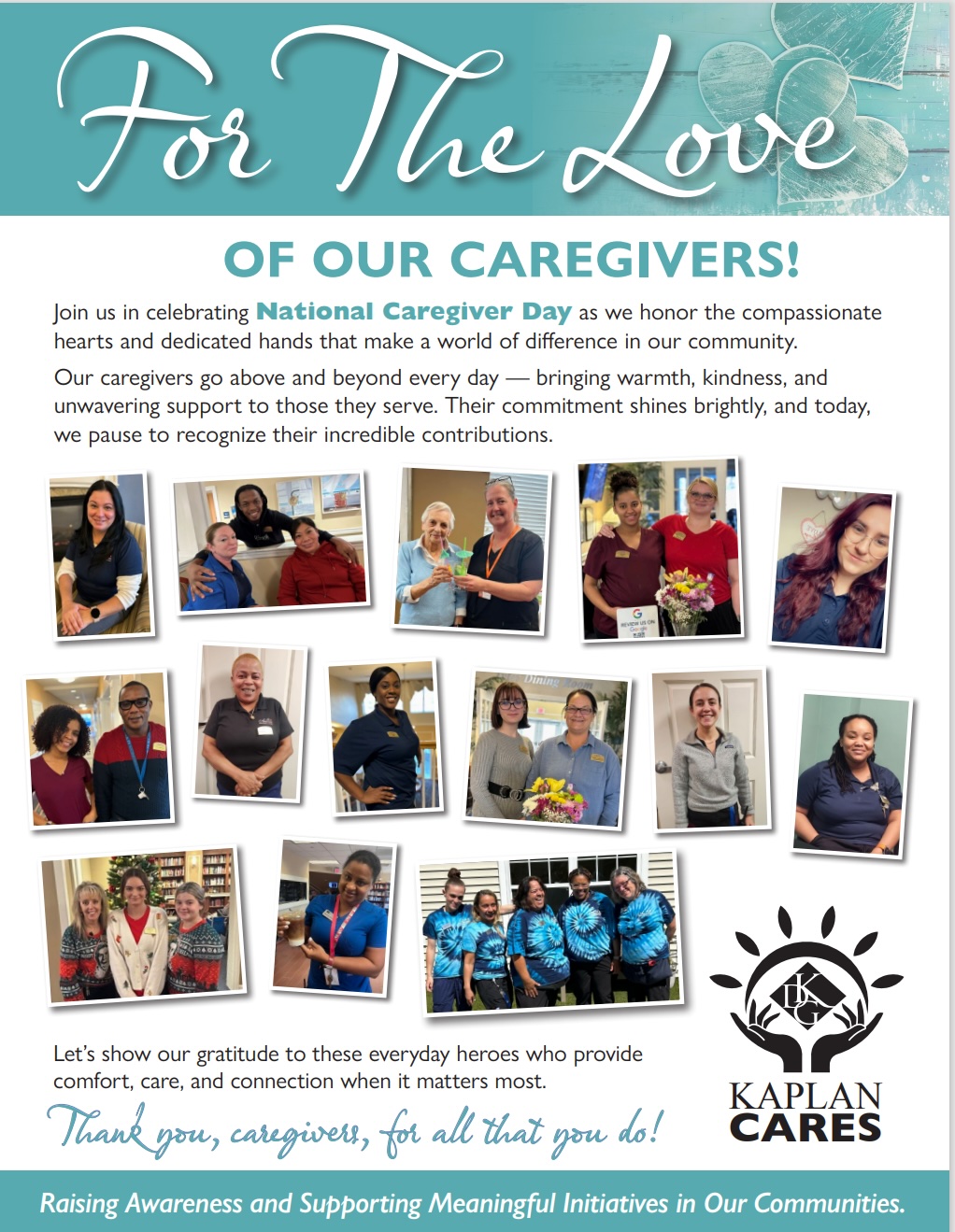Key Takeaways
- Short-term memory loss affects a person’s ability to recall recent information and impacts daily tasks.
- It can happen at any age and may be linked to neurological conditions, injuries, or mental health disorders.
- It may qualify as a disability if it limits essential daily functions, according to WHO and ADA guidelines.
- Memory challenges can affect independence, relationships, and emotional well-being.
- With proper treatment and support, individuals can still lead fulfilling lives.
- Bentley Assisted Living at Branchville provides specialized care and support for those living with short-term memory loss.
Short-term memory loss is a common cognitive impairment that can affect people of all ages. It’s often associated with Alzheimer’s and dementia but can also be a standalone condition.
Short-term memory loss is the inability to remember recent events or information. It can affect the acquisition, storage, or recall of information, making it difficult for an individual to remember things. Short-term memory loss can range from mild to severe and can significantly impact a person’s daily life.
Short-term memory loss is a disability.
Fortunately, treatments are available that can help manage the symptoms of short-term memory loss. With the right support, people with short-term memory loss can still lead meaningful and productive lives.
Defining Short-Term Memory Loss
Short-term memory loss is a common symptom of many neurological conditions, including Alzheimer’s, dementia, traumatic brain injury, and stroke. It’s the inability to remember recent events or information or recall information that was recently learned. It can also be referred to as a “memory impairment” or “memory gap.”
In some cases, it can also be a sign of a mental health disorder, such as depression or anxiety. It’s important to seek medical advice if you are experiencing any symptoms of short-term memory loss.
Exploring the Definition of Disability
Short-term memory loss can be a difficult condition to live with, as it can cause confusion and frustration.
The stigma surrounding disability can make it difficult for those with short-term memory loss to seek the support they need. But disability is not a one-size-fits-all concept. Everyone experiences disability differently, and it’s important to recognize that short-term memory loss can be a disability.
The Relationship Between Short-Term Memory Loss & Disability
According to the World Health Organization and the Americans with Disabilities Act, short-term memory loss is considered a disability if it substantially limits a person’s ability to perform essential tasks or participate in major life activities. Consult with healthcare professionals and refer to specific guidelines to determine if short-term memory loss meets the criteria for disability classification in each individual case.
The Impact of Short-Term Memory Loss on Quality of Life
Short-term memory loss can make it difficult to remember details, such as appointments, conversations, and tasks, or complete everyday tasks, such as shopping or managing finances, leading to feelings of frustration, confusion, and depression.
It can also make it difficult to maintain relationships, as it can be hard to remember the details of conversations or to recall important dates.
The impact of short-term memory loss on quality of life can be severe. Those with short-term memory loss may be eligible for disability benefits, including financial assistance or access to specialized services.
Bentley Assisted Living at Branchville Can Help with Short-Term Memory Loss
At Bentley Assisted Living at Branchville, we understand the challenges of living with short-term memory loss and are here to provide support and assistance. Our team is dedicated to helping our residents with short-term memory loss live their best lives.
We offer various services and amenities to help residents manage their condition and maintain a high quality of life. If you or a loved one is living with short-term memory loss, contact us today to learn more about how we can help.





